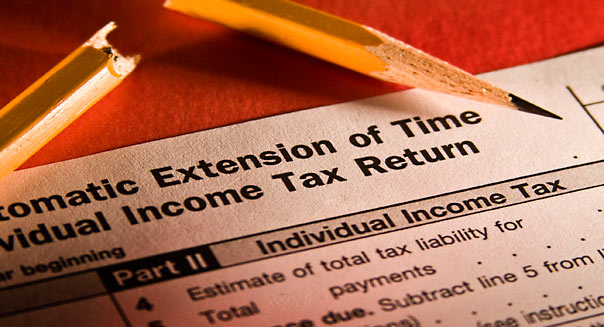
Rumor has it among our clients that extending your tax returns may increase the likelihood of an IRS audit. Is there any truth behind it? The fact of the matter is, there’s really no way to know for sure.
Although the IRS releases information on audit rates based on income levels and types of tax returns, they have never released information about whether or not audited returns were on extensions. Because of this, there is no evidence to suggest that filing an extension affects the audit rate of tax returns either way.
Extending your return is automatic upon the filing of Form 4868 for Federal and California filing purposes and allows an additional six months from the April due date to file. The extension is to file your return only; not to pay the taxes. You will still have to pay any tax liability that you may owe by the April due date.
This additional time allows for the careful and complete accumulation of income and expense information needed to prepare your return. It also allows for the receipt of any “corrected” 1099’s and K-1’s that may show up after the April due date. That said, filing an extension is actually preferable to filing an amended return. The general consensus is that amended returns are much more likely to be scrutinized by the IRS than returns filed within the extended period of time. It is much better to file a return that is correct the first time, rather than have to file another, “corrected” return.


Leave a Reply